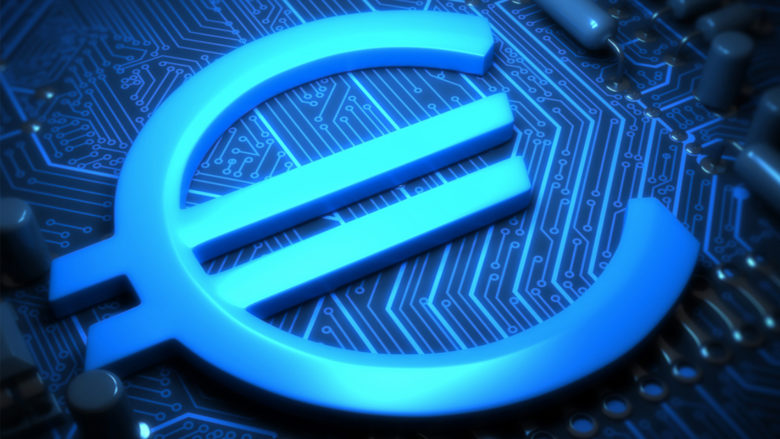ECB greenlights digital euro

After a long wait, the time has finally come: The European Central Bank (ECB) on Wednesday gave the green light to the investigation phase of the digital euro. The new currency should be a kind of digital wallet that residents of the eurozone would be able manage with the assistance of local financial institutions. Usually, such wallets belong to commercial companies and they aim to serve as a digital equivalent to banknotes and coins. Above all, the central bank wants its own, safe, and fast currency that is not Bitcoin. The research phase should last 24 months and focus primarily on consumer preferences.
“Project of the digital euro started”
“It has now been nine months since we published our report on a digital euro. During this time we have carried out further analysis, solicited input from citizens and experts and carried out some experiments – with encouraging results. All of this prompted us to take the decision to shift up a gear and start the digital euro project,” said ECB President Christine Lagarde. “With our work, we want to ensure that citizens and companies have access to the safest form of money, central bank money, even in the digital age.”
In the next two years, the ECB wants to clarify key questions about the design and distribution of the digital euro. The currency should meet the needs of Europeans, while preventing illegal activities and avoiding undesirable effects on financial stability and monetary policy. In any case, a digital euro should only complement cash, not replace it.
The Digital Euro – an Alternative to Cryptos and What Else You Need to Know?
Data protection guarantee is particularly important
“We will work with the European Parliament and other European decision-makers and keep them regularly informed of our results. Citizens, merchants and the payment industry will also be involved, ”says ECB board member Fabio Panetta, chair of the task force for the digital euro. Focus groups should guarantee the most functional design possible. At the same time, the ECB wants to review any necessary changes to the EU legal framework during the investigation phase.
It is important to ensure data protection in the development of digital currency. In addition, the ECB wants to examine the possible effects of such a currency on the market. The central bank has already carried out initial experiments, which found “no major technical obstacles” to the possible design options. These options include TARGET Instant Payment Settlement (TIPS) of the Eurosystem and the blockchain. According to the ECB, both proved to be able to process more than 40,000 transactions per second.
Currency should be more sustainable than Bitcoin
According to the experiments, a digital euro core infrastructure is relatively environmentally friendly. In the structures tested, the electricity consumption for tens of thousands of transactions per second was “rather low” compared to the energy consumption of crypto assets such as Bitcoin, according to the central bank.
The ECB is trying to penetrate the digital coin sector as cash is increasingly going out of fashion in many European countries, Reuters reported, noting that the private sector should not have a monopoly on digital currencies. The ECB is not alone with this idea. China is also working on a digital currency and is making life increasingly difficult for Bitcoin miners. The central banks of Great Britain and the USA have also been playing with the idea for a long time.
[yop_poll id=”1″]






























